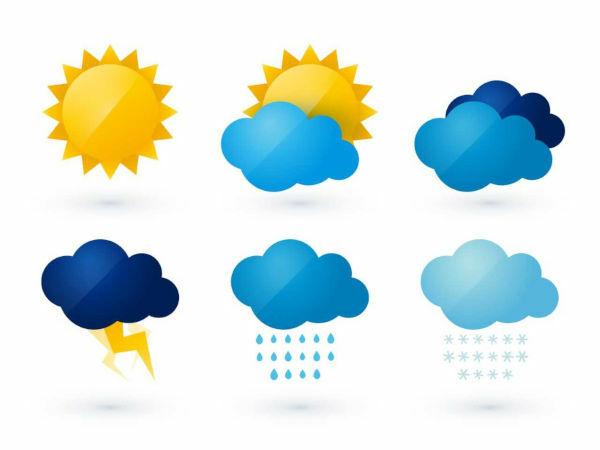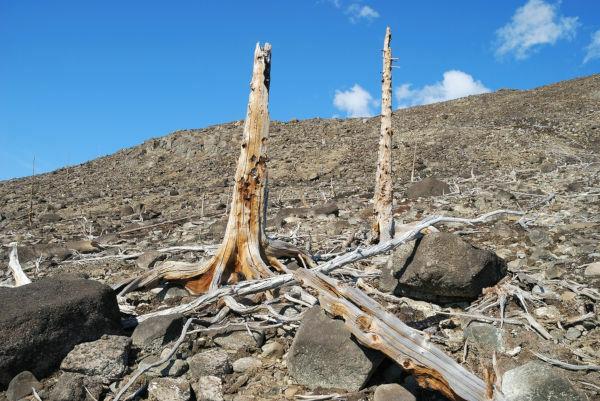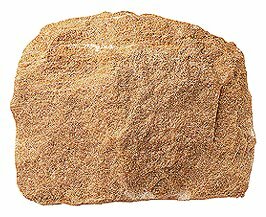Geography, as we know, is the science that studies geographic space, representing efforts to understand, above all, the relationship between the human being with the natural environment and the transformed environment, the space geographical. Debates on the environmental issue, in turn, also involve, in a way, the interaction of society with nature and the impacts and possibilities regarding the exploration of the natural environment. Therefore, the construction of an environmental geography, that is, one that brings together knowledge between space and the environment, is of accentuated relevance.
The Environment, by definition, would then be the terrestrial substrate on which the experience of the more diverse types of plant or animal species, as well as the natural resources responsible for their sustenance. When we talk about "preserving the environment", we are talking, therefore, about keeping the entire chain of natural elements responsible for the maintenance of the species as the diversity of these species in themselves.
Geographical science, in this context, has a very important role, as it acts in the sense of understanding and describing the aspects physical and socio-spatial aspects of this natural environment, as well as getting involved in geopolitical issues and establishing a scale that goes from local to global. Another important role is to relate the different forms of spatial manifestation, providing knowledge and concepts related to the interference of the natural environment in society and, especially, society about the middle.
Do not stop now... There's more after the advertising ;)
Therefore, in this section, you will find information and texts about nature and sustainability, focusing on issues such as social and environmental problems (greenhouse effect, global warming, urban environmental problems, degradation of soils, rivers and natural resources, among others) and also of social, geopolitical and environmental policies in general. With this, we hope to create opportunities for the construction of a space for debate and learning, aimed at disseminating ideas focused on environmental conservation.
Check out our texts and enjoy reading!
By Me. Rodolfo Alves Pena
“Healthy soils are critical for the supply of food, fuel, fiber and even medicines, said the Food and Agriculture Organization of the United Nations (FAO) […]. According to FAO, Latin America and the Caribbean have the largest reserves of arable land in the world; therefore, the care and preservation of its soils is fundamental for the region to reach the goal of eradicating hunger”.
(United Nations in Brazil. Available in. Accessed on: 23 Jan. 2015).
There are several techniques in cultivation systems that allow the use of the soil without affecting its conservation, EXCEPT:
One of the natural climatic events that have been intensified by anthropic practices, thus causing the problem related to global warming, is:
a) the formation of urban heat islands.
b) thermal inversion and pollutant concentration.
c) the manifestation of the greenhouse effect.
d) the hole in the ozone layer.
e) the refreezing of the polar ice caps.



